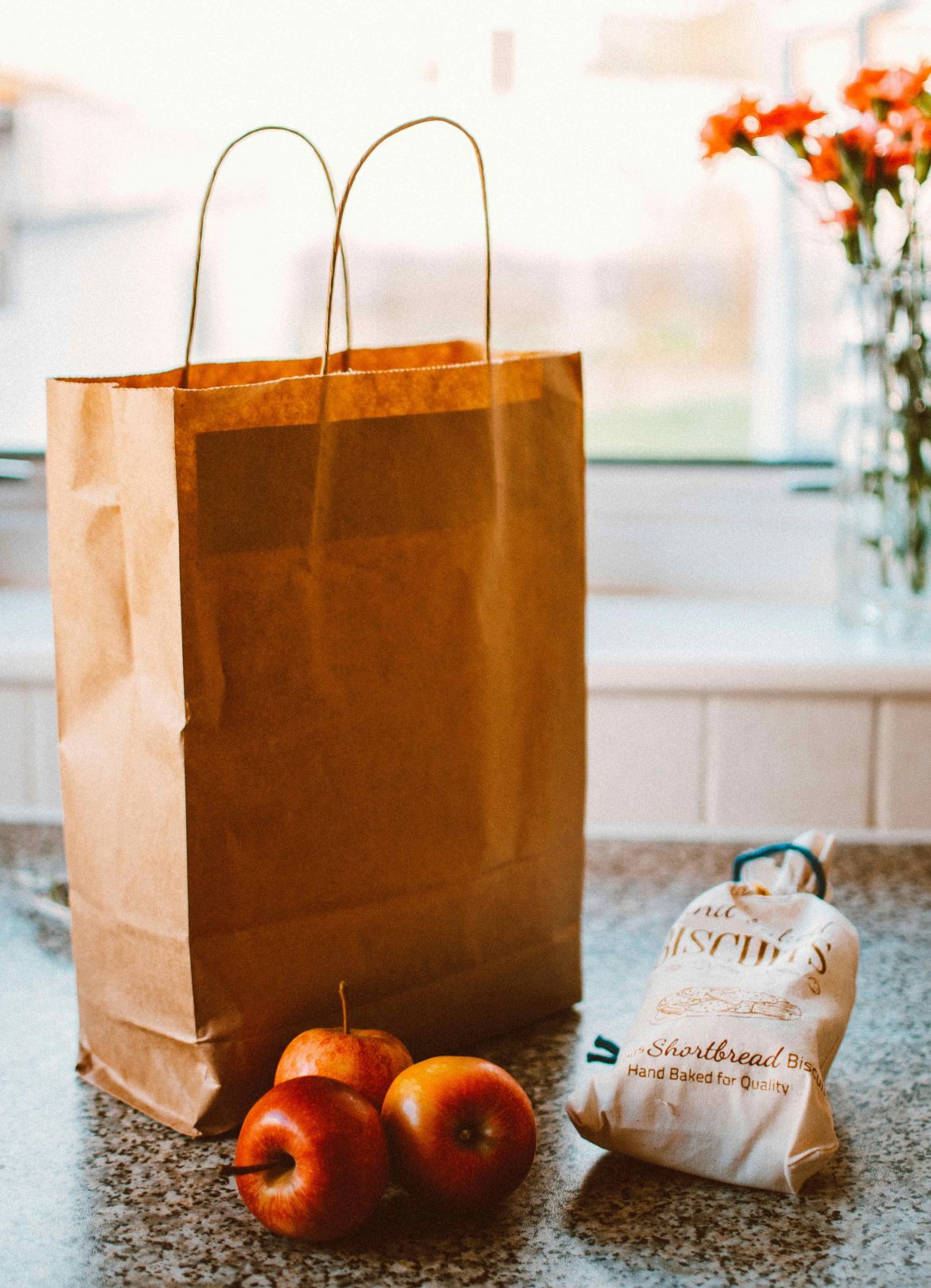It feels like fresh produce prices have skyrocketed recently. And once you’ve come home after your weekly or monthly shop, unpacked and blinked, they seem to have wilted, softened or started rotting – seemingly increasing your household food waste, inflating your grocery budget, and breaking your heart. But fear not!
We have researched all the best ways to keep your celery crisp, keep those beautiful berries plump, and other hacks to keep your groceries fresher for longer – saving your budget, keeping food waste to a minimum, and ensuring you have tasty, fresh food stocked in the fridge.
10 Tips to keep your groceries fresh
1. Start with fresh produce
This is really important. Make sure you set yourself up for success by picking and choosing the freshest produce possible. Take the time to look at the produce before dropping it into the trolley. Inspecting foods before buying them allows you to notice any bruises, wilting, moulding, or other signs of early rotting. If the produce you pick has already started degrading, it won’t stand a chance in the fridge, no matter what you do.
2. Separate produce
Certain foods should never be stored together because of ethylene gas. Ethylene is a gas that speeds up the ripening process, eventually leading to faster rotting of produce. To avoid this, separate ethylene-emitting fruits and vegetables from ethylene-sensitive produce. Keep the one group in one crisper drawer, and the other group in another. If your fridge only has one crisper drawer, then consider using zip-lock bags or containers to store ethylene-sensitive fruits and vegetables. Or store fruits and vegetables on the counter where possible (like apples, avos, bananas, onions, melons, potatoes, etc.).
Ethylene emitters
- Apples
- Avocados
- Bananas
- Cantaloupe
- Kiwi
- Peaches
- Pears
- Peppers
- Tomatoes
Ethylene-sensitive
- Apples
- Asparagus
- Avacados
- Cucumber
- Eggplant
- Grapes
- Kiwi
- Lettuce
- Leafy greens
- Lemons
- Limes
- Mangos
- Melons
- Peaches
- Pears
- Peppers
Some produce is both an ethylene emitter and ethylene-sensitive, like apples, avocados, bananas, kiwi, peaches, pears, and peppers. Store these separately from other ethylene emitters and avoid keeping them in air-tight bags or containers.
3. Keep an eye out during the week
Fresh produce has its limits. You can count on these fruits and vegetables to stay fresh for about:
- One to three days: Asparagus, berries, fresh leafy greens, and peaches
- Three to six days: Avocados, bananas, broccoli, green beans, and tomatoes
- One week or longer: Apples, carrots, cauliflower, potatoes, and squash
4. Keep your fridge clean
It’s imperative that your fridge is cleaned regularly (at least once a week) and deep-cleaned often (at least once a month). This helps prevent cross-contamination from spills, crumbs, or certain foods that have started moulding or rotting (like that leftover from, was it last week or the week before?). A clean fridge will make your fresh produce last longer (try it out, you’ll be amazed).
5. Wash produce last minute
Most produce we buy nowadays has a waxy coating (this keeps it from shrinking, bruising, and rotting prematurely). When you get home from the shops, store the produce as is (except for leafy greens, but we’ll get to that). Certain fruits and vegetables, like berries and tomatoes, are sensitive to moisture. If you wash them before storing, the added moisture will help mould spread and make them rot faster.
6. Rinse leafy greens
On the other hand, produce like lettuce, spinach and other leafy greens, benefit from a rinse. Rinse in cool water (or an ice bath on a hot day, or if they’ve been sitting in your car for a little too long), drain excess moisture (use a salad spinner or colander), and wrap loosely in paper towels. Store in a zip-lock bag or container.
7. Have a couple of jars or small vases ready
Produce like fresh herbs and spring onions benefit from being stored upright and in some fresh water. Upcycle some glass jars or thrift some vintage vases for your next spring onion haul, or to keep your cilantro bunch perky.
8. Use wrappings
It may seem odd to wrap vegetables in paper towels, tinfoil or even tape, but this hack really works! Wrap your celery bunch in tin foil to help retain its moisture and keep it crunchy. Use tape or tinfoil to wrap the tops of bananas to keep them from ripening too fast. Use paper towels to wrap asparagus or a bunch of herbs you’re going to use in the next day or so. The wrapping helps keep ethylene gas out and moisture in.
9. Separate onions and potatoes
Onions emit ethylene, and potatoes are ethylene-sensitive. Store them separately to avoid the potatoes from sprouting early, or the onions from rotting. Keep them in open containers in a shady or dark spot in your kitchen – they both need to breathe, otherwise the locked-in moisture will help spread mould and rot.
10. Freeze where you can
A lot of fresh produce can be frozen. This not only means that they last much longer than they would have in the fridge, but it also means that you can buy them in bulk. Freeze produce like ginger, minced garlic, and blanched vegetables (like carrots, beans, and peas) in zip-lock bags. Ensure you label and date containers, and use them within a month of freezing.
Also See: Is your weekly grocery shop adding to your carbon footprint?
Is your weekly grocery shop adding to your carbon footprint?

